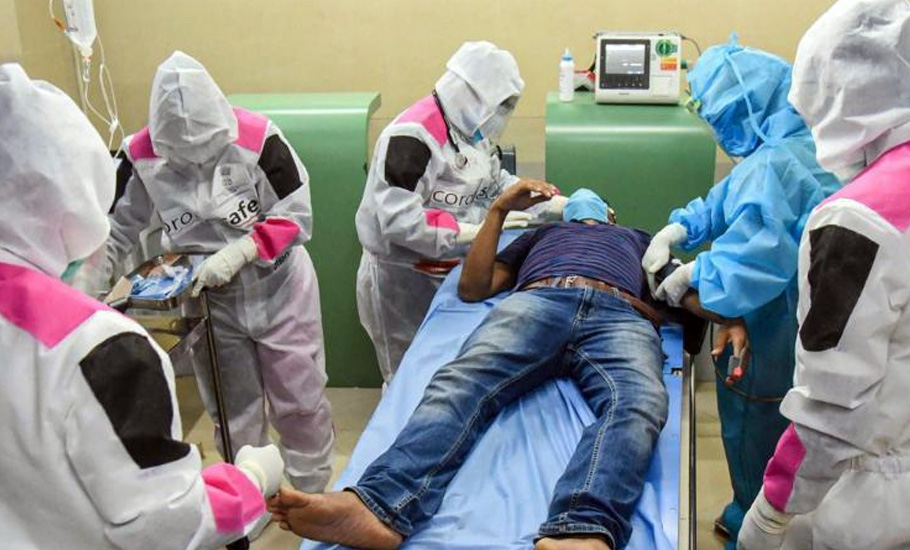
COVID patients recover in seven days, thanks to this treatment
Even as scientists and the medical fraternity jostle to develop better treatment for COVID-19, the doctors at Sir Ganga Ram Hospital of New Delhi have reported success with Monoclonal antibody therapy in two COVID patients within seven days of the infection.

Even as scientists and the medical fraternity jostle to develop better treatment for COVID-19, doctors at Sir Ganga Ram Hospital of New Delhi have reported success with Monoclonal antibody therapy in two COVID patients within seven days of the infection.
The hospital said a healthcare worker in her mid-30s got admitted with high fever, cough, myalgia (muscular pain), weakness and leucopenia (decrease in white blood cells). She was given REGCov2 (CASIRIVIMAB Plus IMDEVIMAB) to develop resistance against the SARS-CoV-2. The patient recovered fully and was given a discharge within 12 hours.
In the second case, an 80-year-old diabetic with high-grade fever and cough was administered REGCov2 on the fifth day of infection. His vital parameters improved within 12 hours, the hospital stated.
Dr Pooja Khosla, a senior consultant of the Department of Medicine at Sir Ganga Ram Hospital said, “Monoclonal antibody could prove to be a game-changer in times to come if used at an appropriate time. It can avoid hospitalisation in high-risk groups and progression to severe disease. It can help to escape or reduce the usage of steroids and immunomodulation which would further reduce the risk of fatal infections like Mucormycosis, secondary bacterial and viral infections like CMV.”
Also read: Telemedicine helping rural patients of Bengal get proper COVID treatment
“The awareness about early identification of high-risk category in our population and timely therapy with Monoclonal antibody as daycare treatment may reduce the burden of cost on healthcare sector,” she added.
What is a monoclonal antibody?
Monoclonal antibodies are engineered to serve as substitute antibodies that can restore, enhance or mimic the immune system’s attack on problematic cells, like the cells infected by coronavirus. The antibody attaches itself to a specific molecule (antigen) on the surface of an infected cell. When an antibody binds to the antigen, it serves as a flag to attract disease-fighting molecules or as a trigger that promotes cell destruction by other immune system processes, according to mayoclinic.org. In case of cancer, Monoclonal antibodies bind to antigens that are generally more numerous on the surface of cancer cells than healthy cells.

